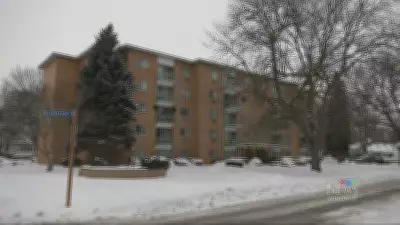
In a decision that's causing quite the stir across British Columbia, a provincial tribunal has ruled that a landlord was within their rights to deduct the cost of stolen Halloween candy from a former tenant's security deposit.
The unusual case unfolded when landlord Michael Miao discovered that trick-or-treat candy had been taken from the common area of his Burnaby property during Halloween festivities. Miao subsequently withheld $60.54 from his former tenant's security deposit to cover the cost of the pilfered sweets.
The Tenant's Challenge
The former tenant, who had resided in one of the property's basement suites, contested the deduction through BC's Civil Resolution Tribunal. He argued that he shouldn't be held responsible for candy taken by unknown individuals from a shared space.
"The applicant says he should not be responsible for the stolen candy because he did not take it," tribunal member Nav Shukla noted in the decision. "He says unknown people took the candy."
The Landlord's Evidence Prevails
Despite the tenant's protests, the tribunal sided with the landlord after reviewing compelling evidence. Security camera footage showed the tenant allowing multiple groups of trick-or-treaters to access the common area where the candy was stored.
"The video shows the applicant allowing several groups of people to access the common area where the candy was stored," Shukla wrote in the ruling. This evidence proved crucial in establishing the tenant's responsibility for what occurred on the property.
Understanding the Legal Reasoning
The tribunal's decision hinged on the principle that tenants can be held responsible for damages or losses that occur due to their actions or failure to exercise reasonable care. By permitting access to the common area where the candy was kept, the tenant effectively assumed responsibility for what happened to it.
This case serves as an important reminder for both landlords and tenants across British Columbia about the complexities of security deposit disputes and the importance of understanding rental responsibilities.
Broader Implications for BC Renters
While the ruling might seem unusual, it underscores how tribunal decisions can interpret tenant responsibilities in shared living situations. The case demonstrates that tenants may be held accountable for what happens in common areas when they have control over access to those spaces.
For British Columbia residents navigating the rental market, this decision highlights the importance of being mindful of how their actions—or permissions they grant to others—could potentially affect their security deposits when moving out.





